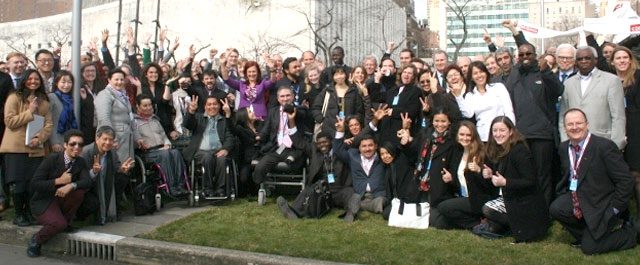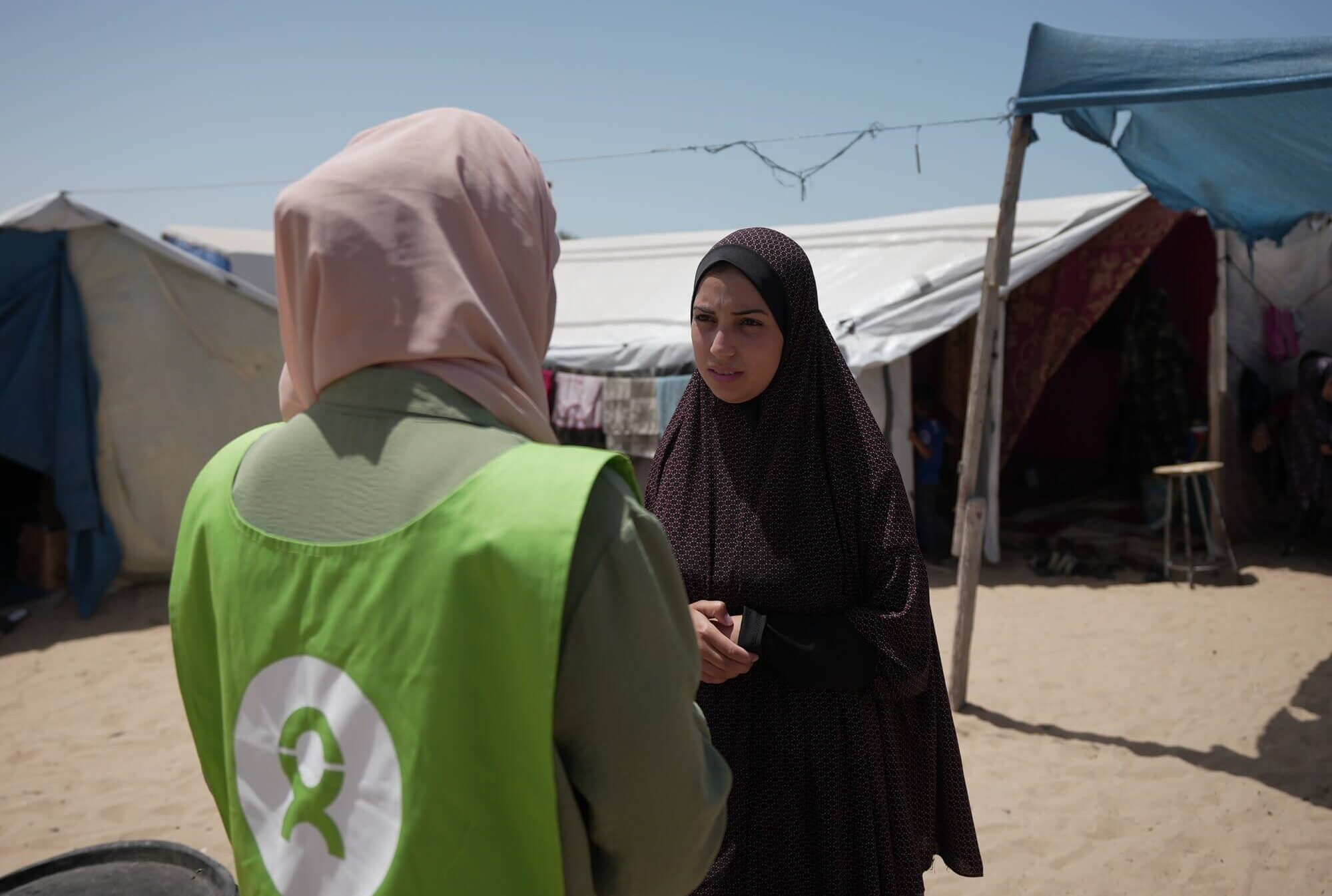On 2 April 2013, history was made as the Arms Trade Treaty – the first agreement to control global arms sales – received an overwhelming ‘yes’ vote at the United Nations in New York. This momentous Treaty is the culmination of more than ten years of campaigning to rein in the irresponsible trade in arms that causes so much human suffering.
It could not have happened without the work of Oxfam supporters, and immense efforts from Control Arms partners and governments around the world.
The resounding applause and loud cheers that rang out from the UN General Assembly Hall is only the beginning. Work is needed to ensure that the Treaty enters into force as soon as possible. And countries must be encouraged to sign up to this historic document and work to improve standards even further with time.
Over the past decade, tens of thousands of Oxfam supporters have met with their MPs, campaigned relentlessly in all weathers to build public support and refused to give in to doubters. It is unbelievable that, until now, the global arms trade has had no regulation. That bananas, ipods and dinosaur bones were subjected to more restrictions. And that world leaders had previously not made any attempt to address the horror of up to 1,500 people dying every single day due to armed violence.
We simply wouldn’t be here if you had listened to those skeptics who scoffed that “getting such a Treaty is absurd. It’s never going to happen.” But you all persevered and today we celebrate the first global Arms Trade Treaty that will save lives. We thank you for every single action you have ever taken and every conversation you have had to persuade the doubters. Today is truly a historical, astonishing day.
The potential of what has been achieved today is something that will be written in books for years to come.
Anna McDonald is head of Oxfam’s Control Arms campaign.
Get Involved
Read about the history of the Control Arms campaign, and how the Arms Trade Treaty came about
Keep up to date with all our work by signing up to our free e-newsletters.
Help us continue this and other important work around the world by making a donation today.



